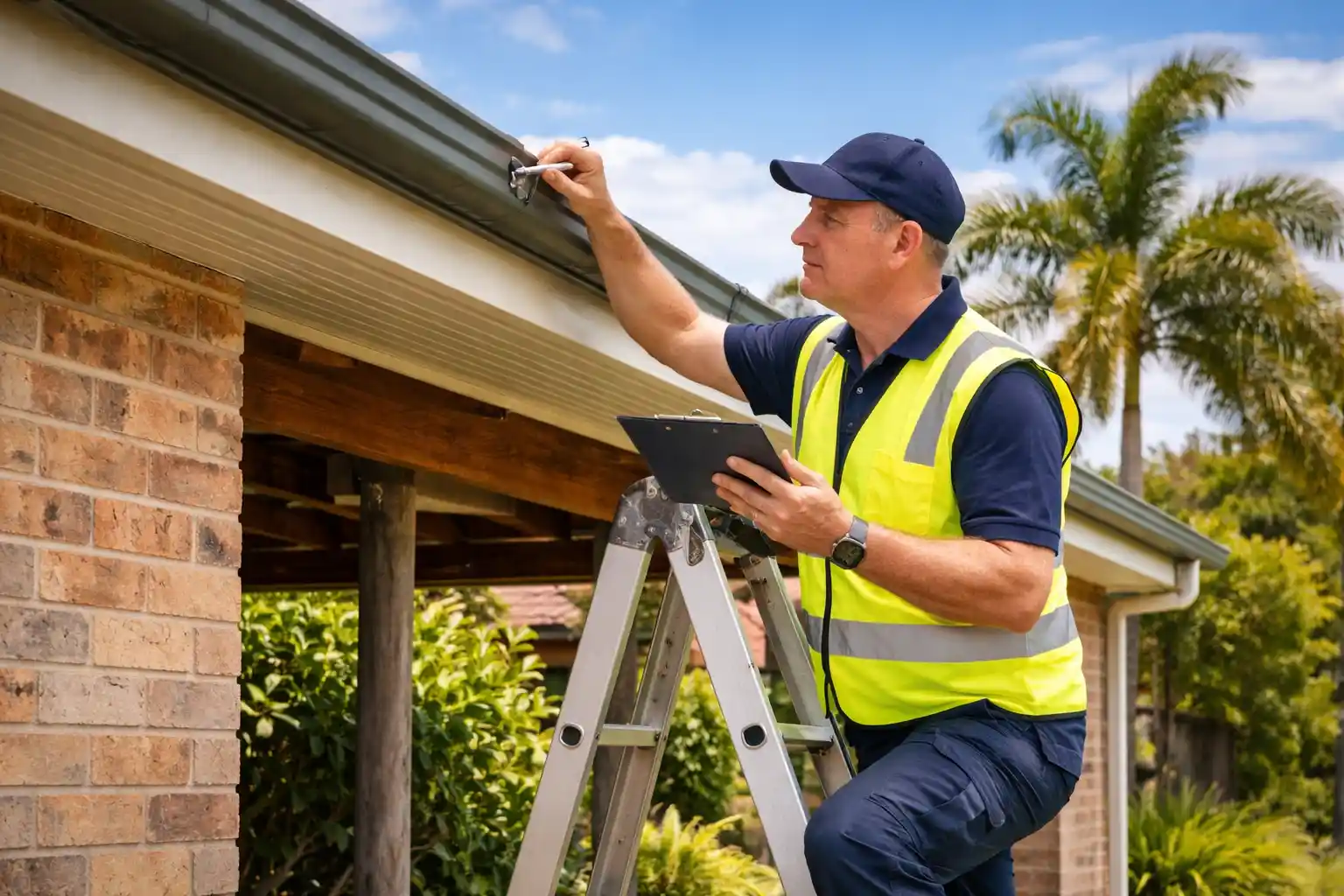The property inspection process plays a vital role in safeguarding your investments, whether you are purchasing a residential or commercial property. It equips you with essential information on a building’s condition, allowing you to make informed decisions and negotiate with confidence. However, while the overarching goals of residential and commercial building inspections may be similar, there are key differences in their scope, requirements, and potential challenges. Understanding these distinctions is crucial for navigating the inspection process effectively and ensuring the success of your property ventures.
Our seasoned team at C & W Services brings extensive expertise in both residential and commercial building inspections, ensuring that you receive the highest standards of accuracy and transparency in your inspection reports. By partnering with our trusted professionals, you can be assured that your property investment decisions are based on accurate, reliable information, enabling you to navigate the complexities of the market and secure your financial future.
With a deep understanding of the nuances between residential and commercial building inspections, we are well-equipped to help you assess, negotiate, and manage your property investments, ensuring long-term success and a prosperous financial future.
Understanding the Key Differences Between Residential and Commercial Building Inspections
In this blog post, we delve into the essential distinctions between residential and commercial building inspections, empowering property investors with the knowledge needed to approach inspections with confidence and maximise investment returns. With a comprehensive understanding of these inspection types, you can navigate the dynamic world of property investment with ease and ensure the long-term success of your portfolio.
1. The Scope and Scale of Inspections
Residential and commercial building inspections differ significantly in terms of their scope and scale, with each type catering to the properties’ unique characteristics and requirements.
- Residential Inspections: Generally, residential inspections cover single-family homes, apartments, and townhouses. These inspections focus on the property’s structural integrity, electrical and plumbing systems, and overall safety and functionality.
- Commercial Inspections: Commercial inspections encompass a broader range of properties, such as office buildings, retail spaces, and industrial facilities. These inspections entail a more extensive evaluation that considers the property’s zoning, potential environmental concerns, and compliance with building codes and regulatory requirements.
Understanding these differences prepares investors for the inspection process, ensuring a smoother experience and accurate assessment of their prospective investments.
2. Inspection Challenges
Both residential and commercial inspections present unique challenges that may impact the inspection process:
- Residential Inspections: Challenges specific to residential inspections include identifying problems in hidden or inaccessible areas, such as crawl spaces, and assessing hard-to-reach elements like roofs and gutters.
- Commercial Inspections: The complexity of commercial buildings creates additional challenges during inspections, such as evaluating intricate mechanical, electrical, or plumbing systems and addressing potential environmental hazards.
Being aware of these challenges enables investors to approach inspections with realistic expectations and partner with experienced professionals to ensure accurate, comprehensive evaluations.
3. Inspection Timelines
Residential and commercial inspections also diverge in terms of their timelines, with commercial inspections tending to require more time due to their complexity and scale:
- Residential Inspections: A typical residential inspection can be completed within a few hours, depending on the property’s size and condition.
- Commercial Inspections: Due to the larger sizes and more complex structures of commercial properties, these inspections naturally take longer. Additionally, commercial investigations may entail consultations with various specialists, adding to the overall timeline.
Recognising these differing timelines helps investors plan and manage their inspection processes more effectively, ensuring that deadlines are met and purchases proceed smoothly.
4. The Role of Inspection Reports
While both residential and commercial inspections generate reports that detail the property’s condition, there are notable differences in the form and function of these documents:
- Residential Inspection Reports: These reports provide comprehensive information on the property’s condition, highlighting any defects or safety concerns that may require attention. These documents are typically concise and designed for easy understanding by homeowners or potential buyers.
- Commercial Inspection Reports: Due to the more complex nature of commercial properties, these reports tend to be more extensive, detailing the property’s compliance with building regulations, zoning requirements, and potential environmental concerns. Investors often use these reports to negotiate lease terms or purchase prices and as a tool for strategic planning.
Understanding the distinct roles of residential and commercial inspection reports empowers investors to leverage this information effectively, optimising their investment outcomes and managing their assets with confidence.
Leveraging Professional Expertise for Comprehensive Inspections
One of the most critical aspects of the inspection process is choosing the right professionals to conduct thorough and accurate evaluations. The expertise and experience of your inspection team can significantly influence the quality and reliability of your inspection reports, ultimately impacting your investment decisions.
Equip Yourself with Expert Knowledge for Successful Property Investment
Navigating the world of property investment requires a comprehensive understanding of the key differences between residential and commercial building inspections. With a grasp of their unique scope, requirements, challenges, and outcomes, you can successfully manoeuvre the inspection process and ensure the long-term success of your investment endeavours.
Partner with our trusted team at C & W Services to gain the advantage of our extensive experience and commitment to excellence in both residential and commercial building inspections. By choosing our seasoned professionals, you can count on accurate, transparent assessments that inform and empower your investment decisions.



